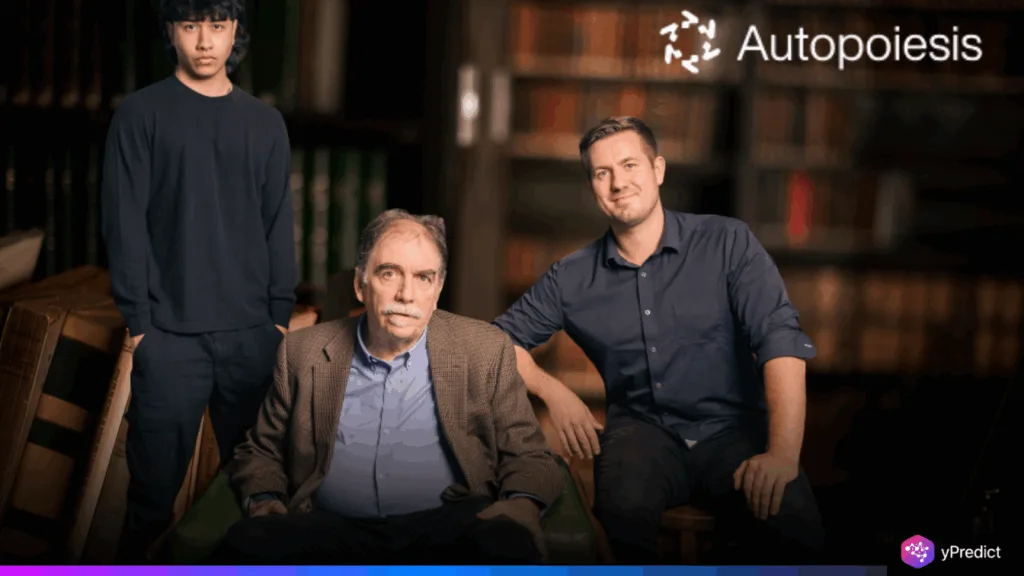
A new AI system called Aristotle X1 Verify, developed by Autopoiesis Sciences, has outperformed leading models on one of the toughest scientific benchmarks, scoring 92.4% on the GPQA Diamond test. This surpasses competitors like Grok 4 Heavy (88.9%) and Claude Sonnet 4 (78.2%). Unlike past models, Aristotle X1 Verify claims to solve the “calibration problem,” aligning its confidence in answers with real-world accuracy. Backed by new funding from Informed Ventures, the project aims to build AI co-scientists that enhance research across fields like biology, chemistry, and physics, marking a potential leap toward scientific superintelligence.
Benchmark Result Shows Aristotle Outpaces Top AI Competitors
The GPQA Diamond benchmark consists of 198 complex, “Google-proof” science questions designed to challenge even PhD-level humans. It focuses on deep, graduate-level reasoning in physics, chemistry, and biology. While non-experts score around 34% and PhDs average 65%, Aristotle X1 Verify reached 92.4%, indicating a major leap forward in AI scientific reasoning. This outpaces recent top scores by Grok 4 Heavy (88.9%) and Claude Sonnet 4 (78.2%).
These results suggest Aristotle X1 Verify is more than a language model; it functions as a reasoning engine. The model is said to outperform competitors not just in answer correctness but also in multi-step problem-solving and logic. Its accuracy appears to have been verified through an independent benchmark audit, though wider replication and peer review are likely to follow. As graduate-level benchmarks gain traction in AI evaluation, this score could serve as a new high watermark in scientific model assessment. The system’s name, “Verify,” reinforces its design emphasis on truthfulness and reliability, two features essential to real-world research applications.
Solving the Calibration Problem Is Key to Scientific AI Trust
In addition to its accuracy, Aristotle X1 Verify claims to have solved a major flaw in modern AI, poor calibration. Most AI systems offer confidence scores that don’t align with reality. For instance, a model might be 90% confident in an answer that turns out to be correct only 70% of the time. This creates trust issues, especially in science and medicine, where stakes are high. Aristotle X1 Verify, however, is designed to align its confidence ratings with actual success rates, improving reliability in decision-making.
Calibrated AI is vital for applications where knowing how sure a system is can be just as important as the answer itself. The system likely uses specialized calibration methods, possibly beyond standard tools like Platt scaling or isotonic regression. Although the developers have not stated which technique they use, the performance of the model has some indications of important architectural and training breakthroughs. Calibration can also nuance a transition to the next frontier of AI safety and ethics because the models will enter the sphere of scientific and clinical applications. Aristotle X1 Verify could help set a new standard for how AI quantifies and communicates uncertainty, paving the way for AI systems that are not just smart but self-aware in their limitations.
Aristotle X1 Verify May Mark a Turning Point in AI for Science
With performance above top models and a reported fix for the calibration problem, Aristotle X1 Verify could signal a new era in AI-assisted research. Backing from Informed Ventures suggests momentum is building for tools that don’t just predict or summarize but actively reason alongside scientists. Albeit there still needs to be additional testing and verification, the results are encouraging as of now. Provided the technology scales, we could be seeing the emergence of co-scientists in the form of AI, which can help in speeding up discovery beyond the capabilities of even the greatest human minds. Aristotle X1 Verify isn’t just answering science questions; it’s challenging how science itself might be done in the future.






